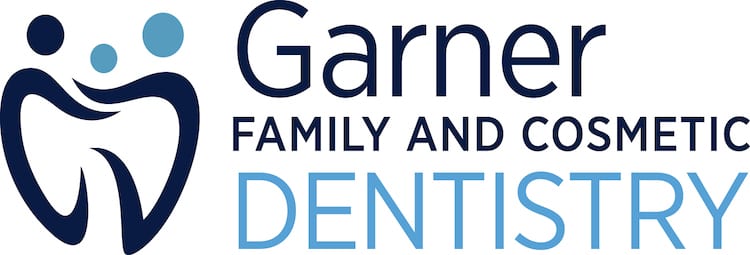Tooth discoloration is a cosmetic issue that many of our patients experience. Brushing your teeth and scheduling regular dental cleanings can help prevent discoloration. However, over time is it likely that your teeth will dull and yellow for one reason or another. When this happens, Garner Family and Cosmetic Dentistry is here to help you restore your smile.
Understanding Tooth Discoloration
Tooth discoloration involves the yellowing of your tooth enamel or dentin. The following are common causes of tooth discoloration:
- Staining – When you drink coffee, tea, soda, or red wine regularly, you are more likely to stain your teeth.
- Smoking – The use of tobacco products affects both the internal and external structures of your dental health. Your teeth yellow over time through excessive smoke inhalation.
- Aging – It is normal for your teeth to yellow as time goes by.
A cosmetic dentist in Garner, Dr. Jenne understands the self-esteem issues that can arise when you do not love your smile. If you are uncomfortable with the color of your teeth, contact our office today to go over our tooth discoloration solutions.
Tooth Discoloration Solutions
Our office offers teeth whitening treatments to help our patients with tooth discoloration. Through these treatments, a bleaching gel is applied to your teeth to remove any accumulated stains or discoloration. For patients interested in maintaining a consistently whiter smile, multiple whitening treatments are an option as well. We can also advise patients on their overall oral hygiene habits and offer suggestions on how to best avoid tooth discoloration over time.
Discolored Teeth FAQs
Can tooth discoloration be reversed?
Tooth discoloration can be reversed if the discoloration is only affecting surface enamel. Once staining reaches deeper into the enamel, it is extremely difficult to reverse.
Can vitamin deficiency cause yellow teeth?
Yes, a vitamin deficiency can cause and worsen yellow teeth. It may be due to lacking necessary nutritional values or being underweight. White spots on teeth can mean that you are not consuming enough calcium carbonate or citrate.
Why do I have brown stains between my teeth?
When you have brown stains on your teeth it is the result of tartar buildup. It typically forms around your gum line and may harden. Once this occurs it is much more difficult to remove.
Can my dentist remove teeth stains?
Yes, your dentist can remove teeth stains from food and drinks with a whitening treatment. Patients can use at-home whitening, but professional whitening is typically more successful. Unfortunately, we cannot remove deep dark stains underneath tooth enamel with teeth whitening.
Are brown spots on teeth cavities?
Most brown spots on teeth are an indication of a cavity, but they also may just be stains on the surface. If you are concerned about a brown spot on a tooth, schedule an appointment with our dentist to find out what is causing the discoloration.
Can you reverse brown tooth decay?
Your dentist can usually reverse brown tooth decay, even if the darkness is caused by a cavity. If caught early enough, we can remove discoloration caused by tooth decay. However, patients must improve their oral hygiene for results to stay permanent.
What causes a tooth to become discolored?
Over time enamel wears away, exposing the yellow dentin underneath. As you get older, the dentin of your teeth thickens, reducing the space available to the pulp and the tooth’s translucency diminishes, giving the impression of a darker shade of a smile. Professional whitening can help aid in treating discolored teeth.
What are the types of tooth discoloration?
Extrinsic teeth stains, Intrinsic teeth stains, and age-related teeth stains are all types of teeth stains. Extrinsic stains are on the outside of teeth, while intrinsic are on the inside.
